The gender of certain insects can be determined by the weather, and therefore influenced by climate change, according to new research. The authors believe this is the first study to show the effects of weather on insect gender. From 2008 to 2010 Researchers captured newly hatched weevils (Curculio elephas) after they emerged from the soil. […]
Tag: climate change
Arctic warming linked to cold winters in North America
Warming in certain areas of the Arctic can cause cold winters in North America and Asia according to climate model simulations. Researchers believe the findings may help improve the prediction of winter weather and extreme events in North America and East Asia. The results suggest that atypical warming in the Arctic Barents-Kara Sea precedes severe […]
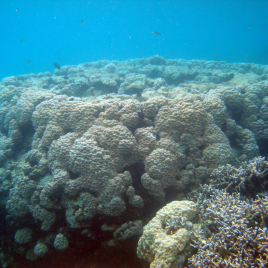
As the sea rises, Porites coral grows, until now
Around the island nation of Palau, in the Pacific Ocean, Porite coral growth may be able to ‘keep up’ with projected sea-level rise – but only if reefs are well managed and greenhouse gas concentrations are curbed, suggest international researchers. Porites are natural storm barriers and their loss would result in island and habitat loss […]
Measuring Arctic sea ice thickness
By measuring Arctic sea ice thickness, researchers are able to provide more accurate observations about Arctic ice melt. During the autumn of 2013 sea ice grew in thickness around Greenland by 33 per cent over the previous year’s measurement. The ice shrank in 2014, however it remained 25 per cent thicker than 2012 levels. The […]
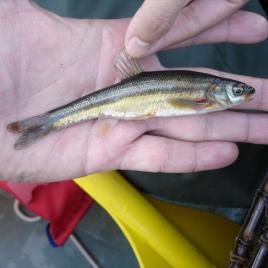
The winners and losers of climate change in Ontario lakes
It’s difficult to predict the effects of climate change on ecosystems. Researchers in Toronto have monitored lakes in Ontario to help predict the impact of predators when their range shifts. The research team found that resident species are more likely to survive if their ancestors had a change to evolve alongside the new predator and […]
Riding the winds of change could cause a feedback loop for flight times
Changes to the wind pattern due to climate change could cost an extra $47 billion USD in fuel, and an additional 4.6 million kg of CO2 emissions per year, for three flight paths between Hawaii and the western U.S.A. These changes could create a feedback loop as carbon emissions are expected to increase, causing further […]
Comparing current and reduced carbon emissions shows benefit for the ocean 
Researchers compared the effects of two different carbon emissions trajectories and found that reducing emissions to levels required to meet the Copenhagen Accord shows benefits in many areas for the world’s oceans. The research team found that if carbon emissions are mitigated the oceans will be cooler and less acidic. However if carbon emissions maintain […]
Global sea-level rise has actually accelerated
Global sea level rise has actually accelerated, says a new study. This study contradicts previous research showing global sea-level rise has slowed over the last decade. The new study takes into account vertical land movement (VLM) when calculating sea levels. The paper’s authors correct inaccuracies in sea-level rise estimate from 1993 to mid-2014 using GPS […]
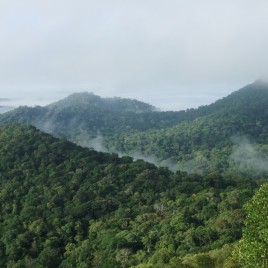
Only 1 per cent of Amazon tree species store half of carbon
A few species of large trees in the Amazon are responsible for half of the carbon storage and productivity of the Amazon rainforest, according to new research. The authors analysed more than 200,000 trees across 530 forest plots in the Amazon rainforest. They found that half of the carbon stock is controlled by only 150 […]
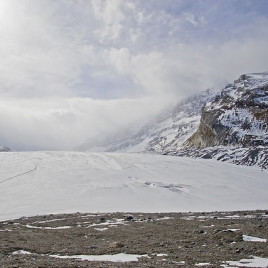
Canada’s disappearing glaciers
Glaciers in western Canada are projected to lose 70 per cent of their ice volume by 2100, relative to 2005, according to a new study. Using simulations which model the effect of global warming, researchers demonstrated that Canadian glaciers will experience the same shrinkage as mountain glaciers in other places around the world. A few […]
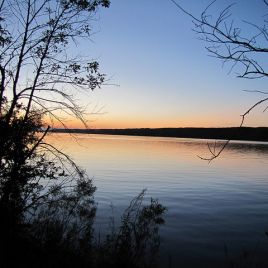
Boreal hard water lakes could become carbon sink
Hard water lakes such as the Buffalo Pound Lake in Saskatchewan, are common in the Prairie provinces. Boreal lakes normally emit greenhouse gases with the breakdown of organic matter. New research shows that atmospheric warming could transform these lakes into carbon sinks. This study contradicts the general assumption that global warming will invariably increase CO2 emissions from […]
Aerosols and a warming Arctic
The Arctic has warmed more quickly over the last century than the rest of the planet, a warming observed to be about 1.2 degrees Celsius. According to a new study, this warming could have been even worse. Aerosols, particles or droplets created as a byproduct of human activities such as the burning of fossil fuel, […]
Bridging the gap between climate change believers and skeptics
Building public support for strategies to minimize human-induced climate change must go beyond educating the public about the science if skeptics are to be convinced. A new study of Americans claims that belief or denial of the human role in climate change is often part of ones self-identity and as such is similar to other […]
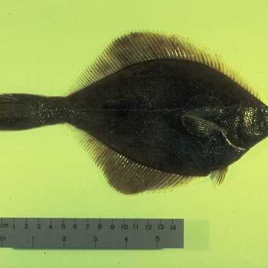
Warming oceans and melting ice mean fish will be able to move across the Arctic
Fish species living in the North Atlantic and Pacific may interchange as sea ice melts and the North West and North East passages open up. This future interchange could impact commercial fishing, as new high-latitude fisheries become more viable, and in local ecosystems as new species move in and old ones are forced out. Using […]
How much fossil fuel can we exploit?
Canada would need to leave 75 per cent of its oil in the ground as part of a global effort to cap global warming at two degrees Celsius above pre-industrial levels, a new study shows. The authors also conclude that the exploitation of resources in the Arctic should be ruled out. Using computer models, the authors found that […]
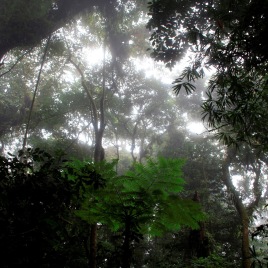
No extra growth in tropical trees due to increased atmospheric CO2 levels
The assumption that increased atmospheric CO2 levels contribute to increased tree growth is being called into question by this study published in Nature Geoscience. Predicting the response of tropical forests is important in the modeling of future climate scenarios. Extra CO2 in the atmosphere is expected to increase tree growth, by improving the trees rate of […]
